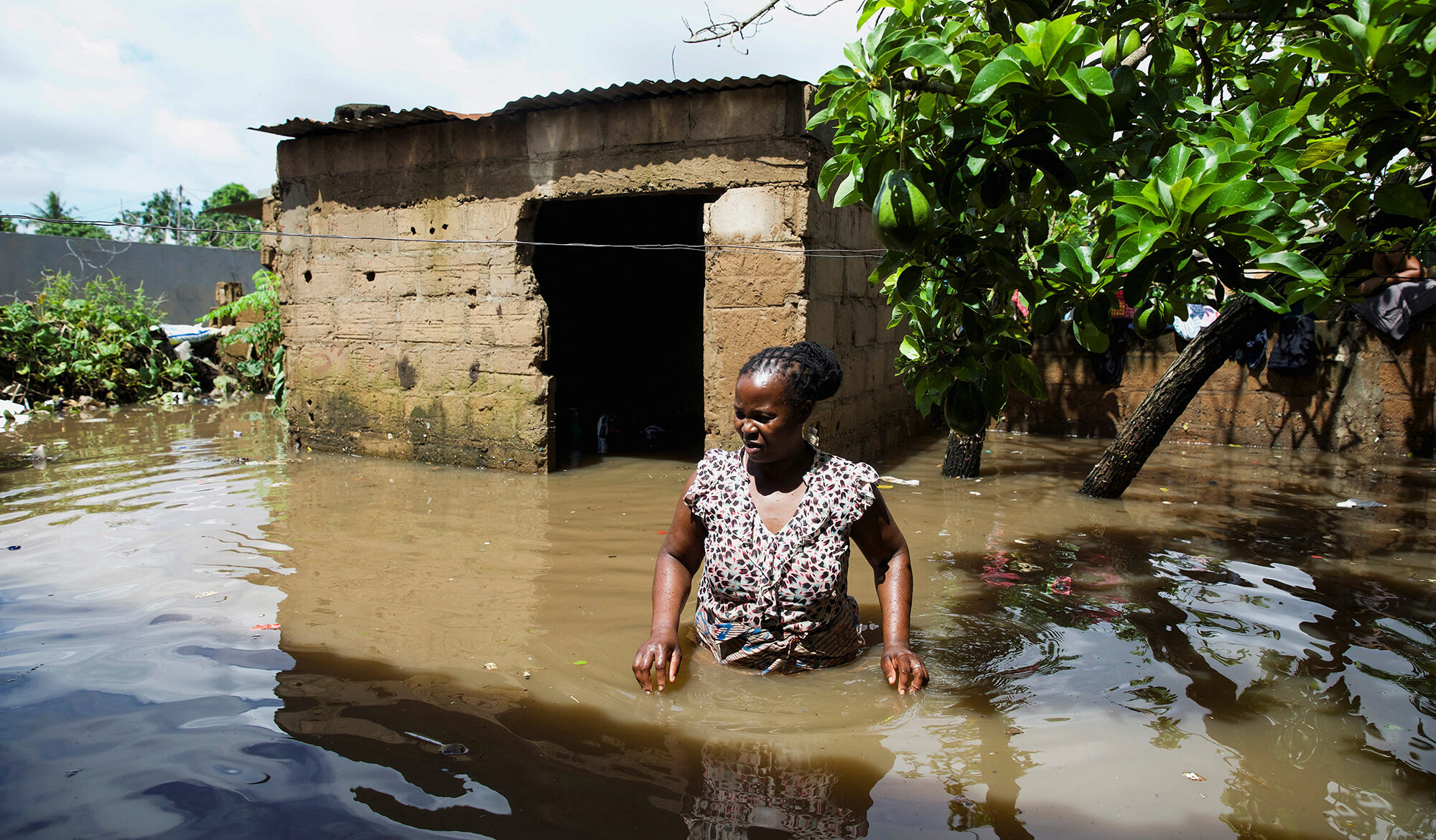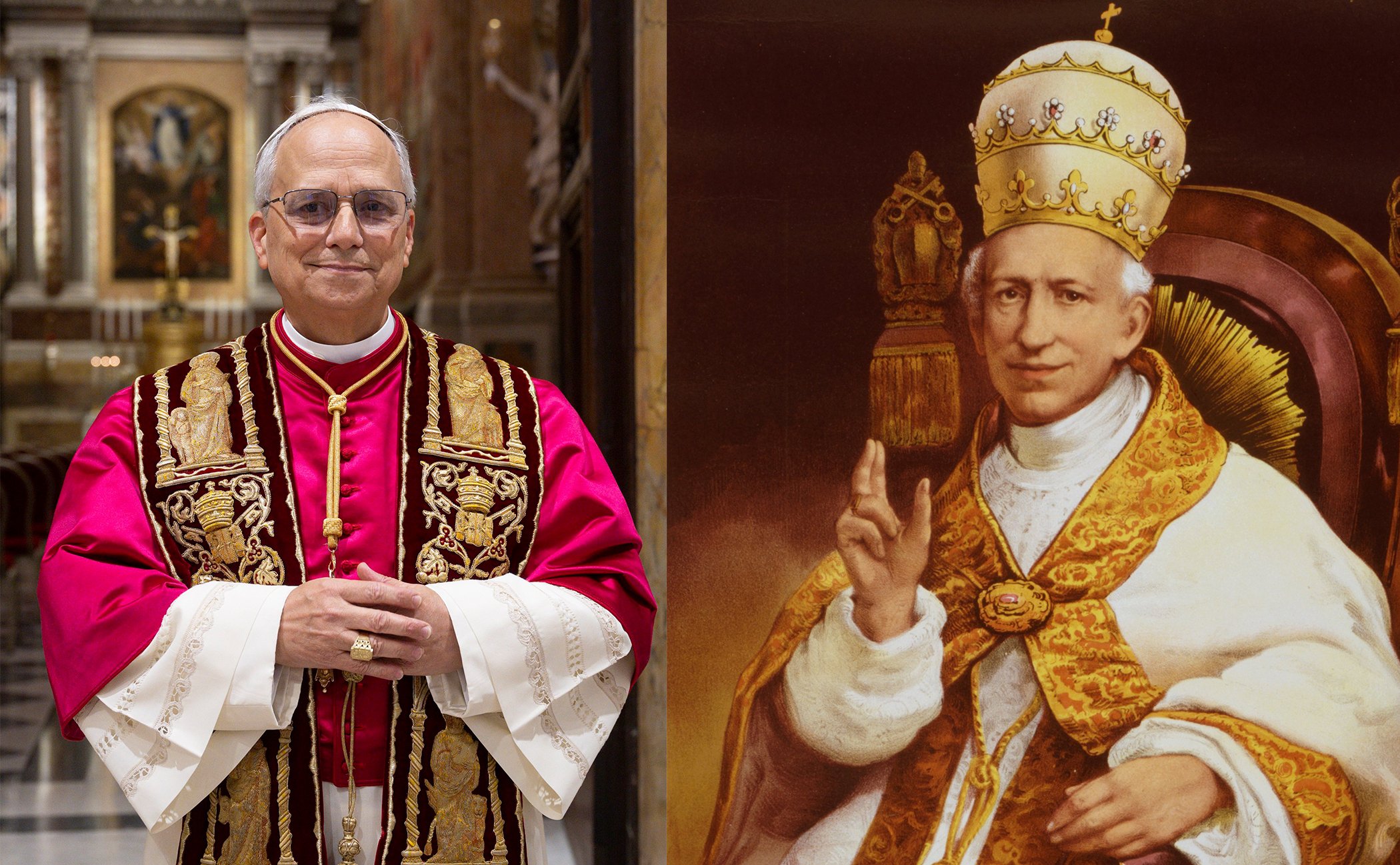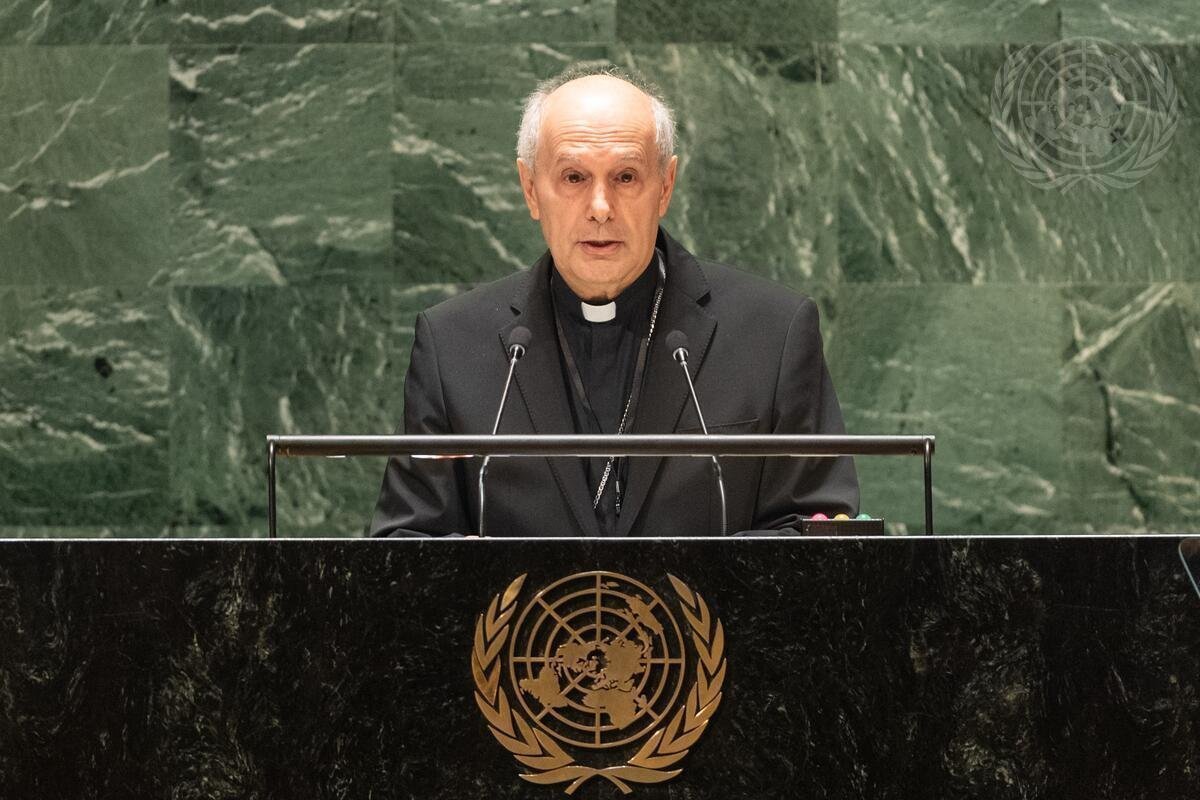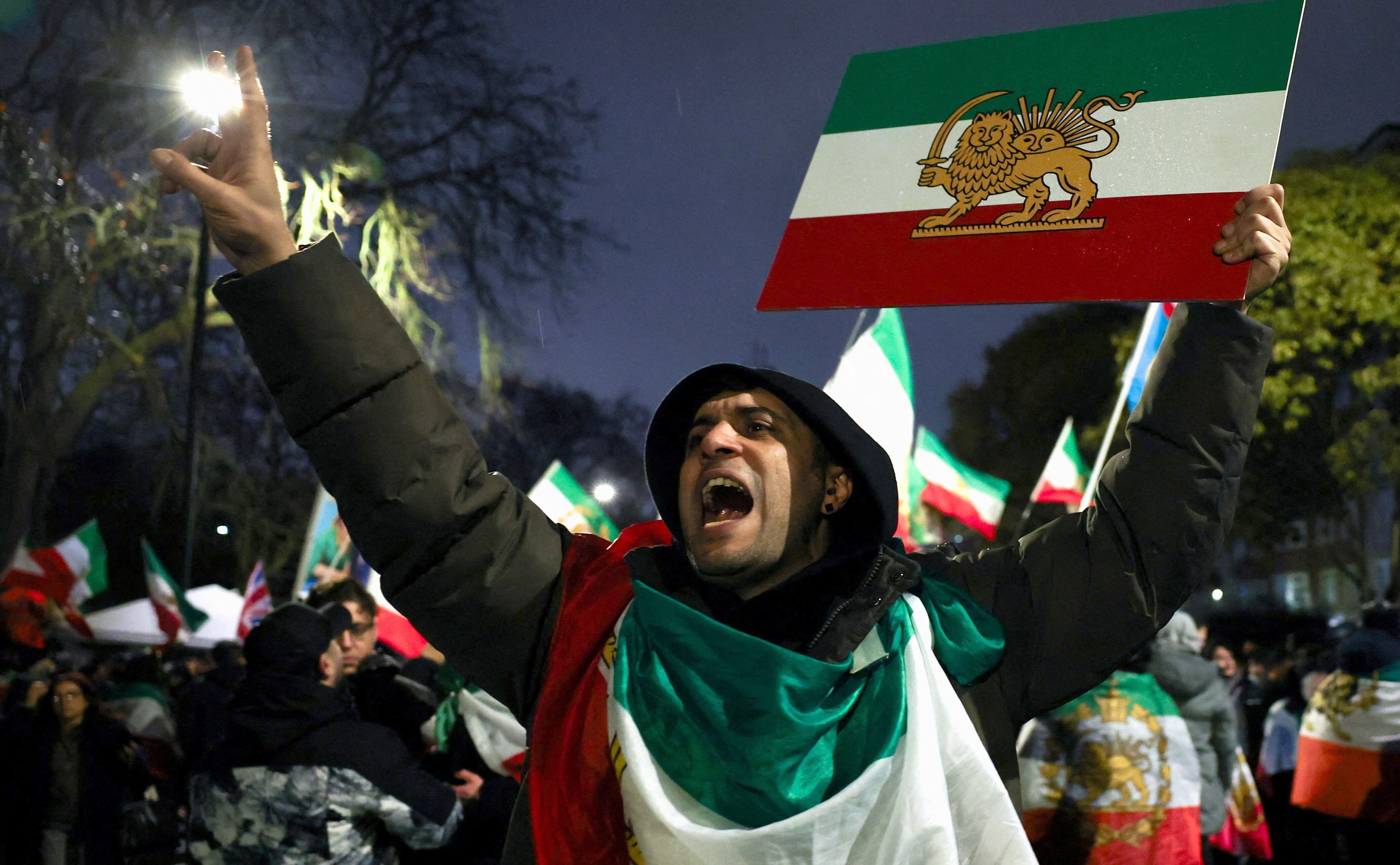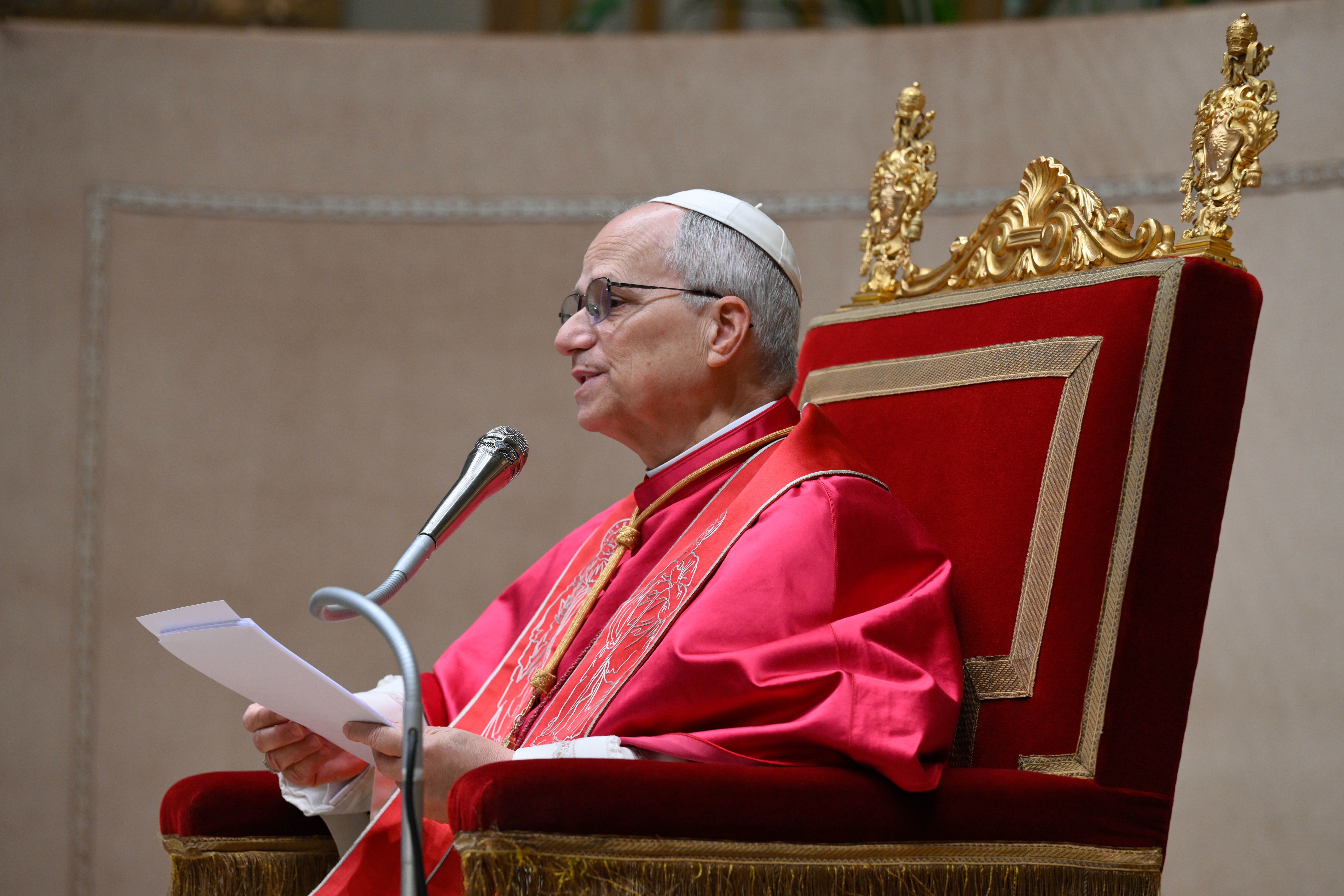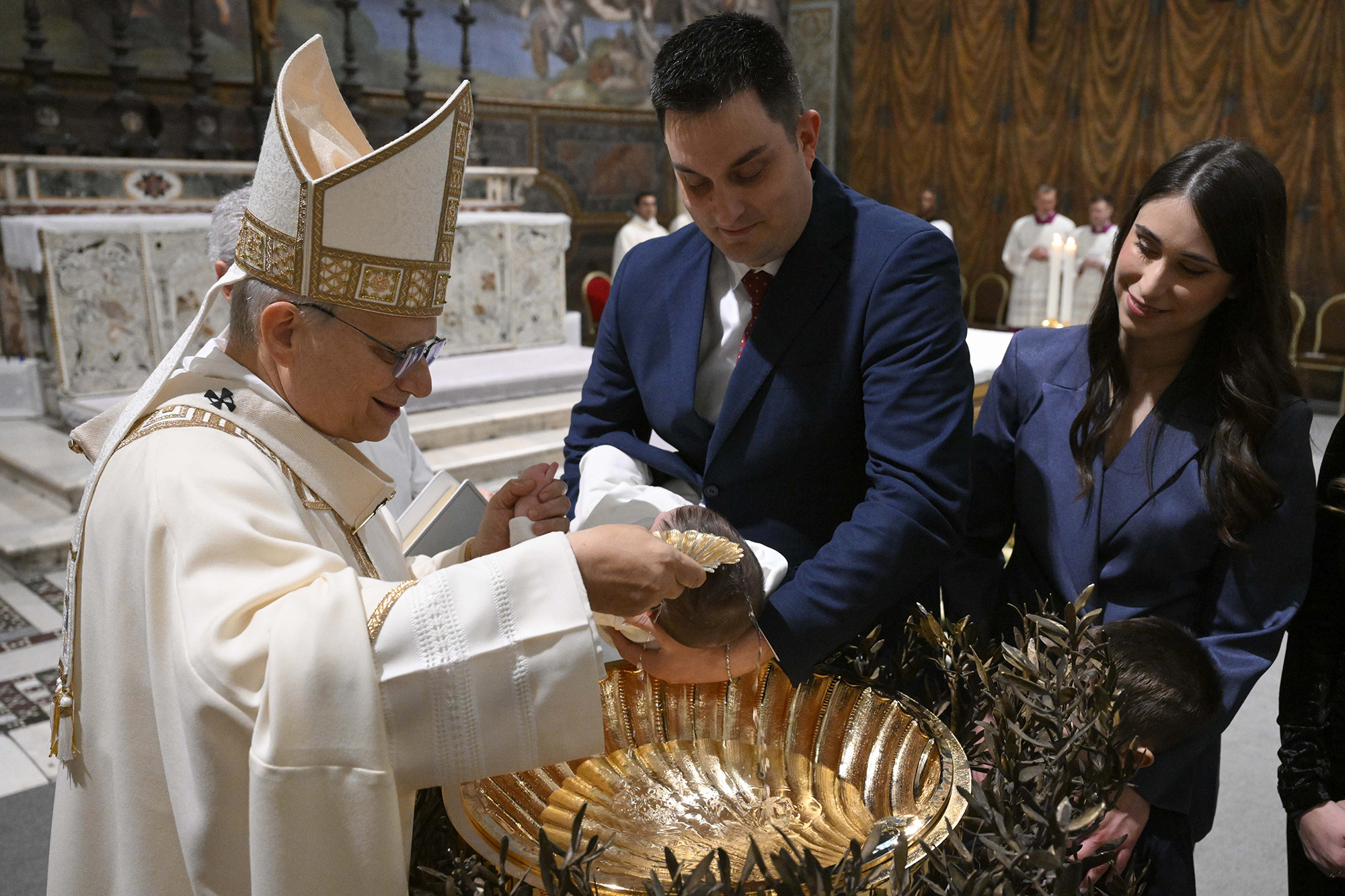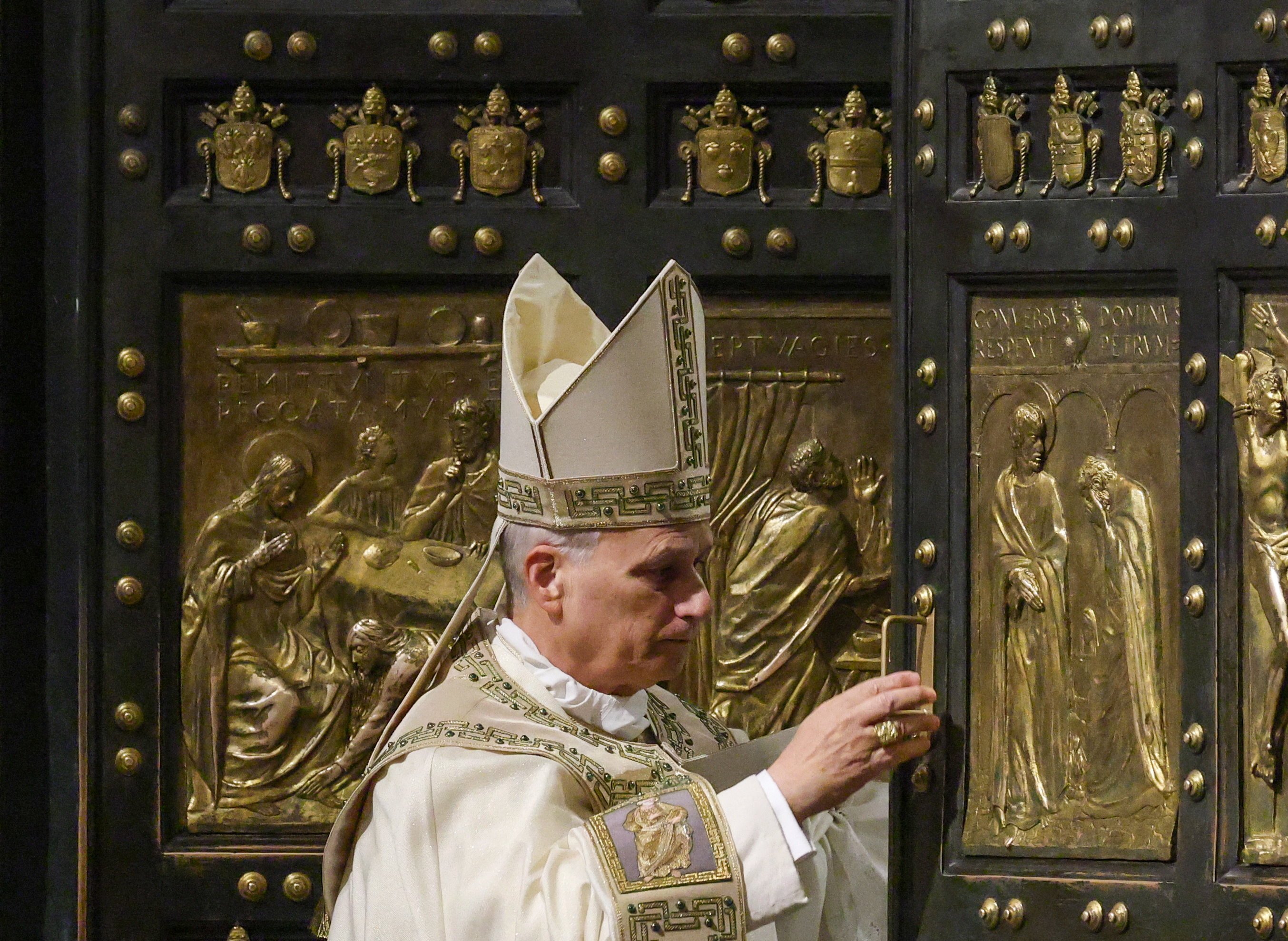Synod study groups release ‘interim’ reports as most continue working

VATICAN CITY — The study groups Pope Francis had established to provide an in-depth reflection on controversial, complex or “emerging” questions raised during the Synod of Bishops on synodality have published interim reports.
The groups were asked to look at questions including the formation of priests, the selection of bishops, women’s leadership in the Church and ministry to LGBTQ Catholics.
Cardinal Mario Grech, secretary-general of the synod, said Nov. 17 that the work of some groups — “given the richness and complexity of most of the topics entrusted to them — has required more time than originally anticipated.”
“Some groups are now nearing completion of their work, while others will continue in the months ahead,” he said.
The interim reports published Nov. 17 vary in their depth and detail, with some groups listing their members and providing concrete proposals and with others giving only a vague description of the methodology they were using.
The study group on priestly formation, which was focused on ways to ensure future priests are educated in synodality — listening, discernment and shared responsibility with laypeople — said its members identified “a series of needs,” which it said “cannot be ignored.” These included: “the need to deepen the identity of ordained ministry in relational terms”; “joint formation moments involving laypeople, consecrated persons, ordained ministers and seminarians”; greater participation of women and families in formation; and a focus on missionary outreach.
One of the shortest reports was from the group convened by the Dicastery for the Doctrine of the Faith to look at “the participation of women in the life and leadership of the Church.”
The group’s final report, it said, would include: “Significant female figures in the history of the Church; personal accounts from women currently engaged in Church leadership; personal accounts from women serving within the Roman Curia”; the nature and exercise of authority in the Church; and other topics
On the question of the possible ordination of women to the diaconate, the report said that materials from the synod and contributions received more recently have been forwarded to the commission Pope Francis had set up in 2020 to continue studying the issue and which he “revived” during the Synod of Bishops on Synodality.
The study groups on the ministry of the bishop and on the role of nuncios and other papal representatives had a joint meeting to discuss a topic they both were looking at: the choice of bishops, the report said.
The group looking at bishops said its first focus was “the selection of candidates to the episcopacy in the perspective of a synodal and missionary Church, highlighting the participation of the bishops of the territory and of the entire people of God in the process coordinated by the apostolic nunciature.”
Commonly referred to as “Study Group Nine,” another group was focused on “Theological criteria and synodal methodologies for shared discernment of controversial doctrinal, pastoral and ethical issues,” including ministry to LGBTQ Catholics.
The final report of the synod in October 2024 had called for reflection on “the relationship between love and truth and the repercussions that it has on many controversial issues.”
The final report, it said, would deal with three main topics: “homosexuality; conflicts and the nonviolent practice of the Gospel; and violence against women in situations of armed conflict.”
“For these cases, a concise presentation will be offered of the positions upheld by tradition and the magisterium, the new questions that have recently emerged, concluding with some questions to be addressed in the discernment process, mentioning the principal references drawn from Scripture and anthropology, including contributions from the scientific disciplines,” it said.

